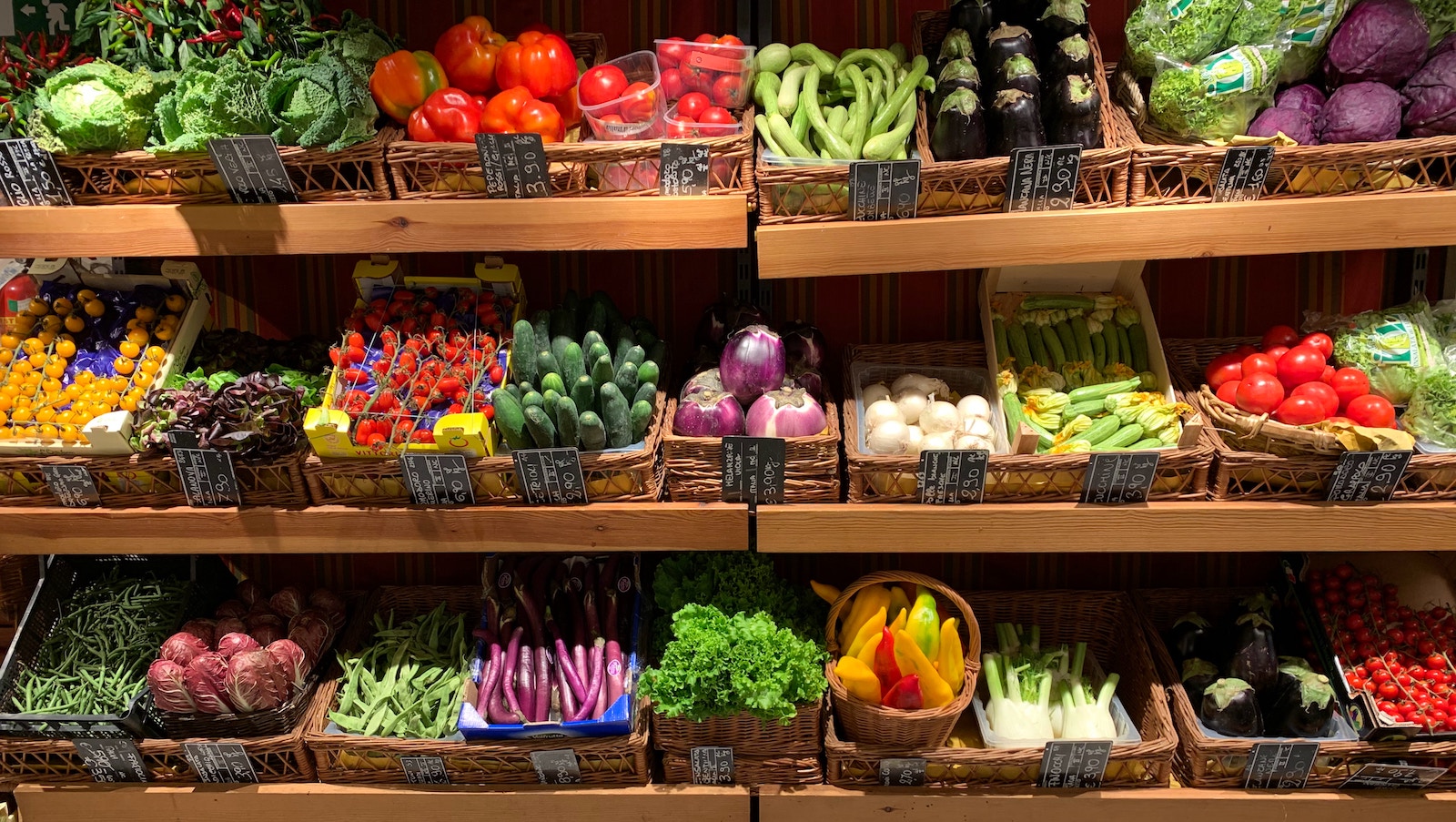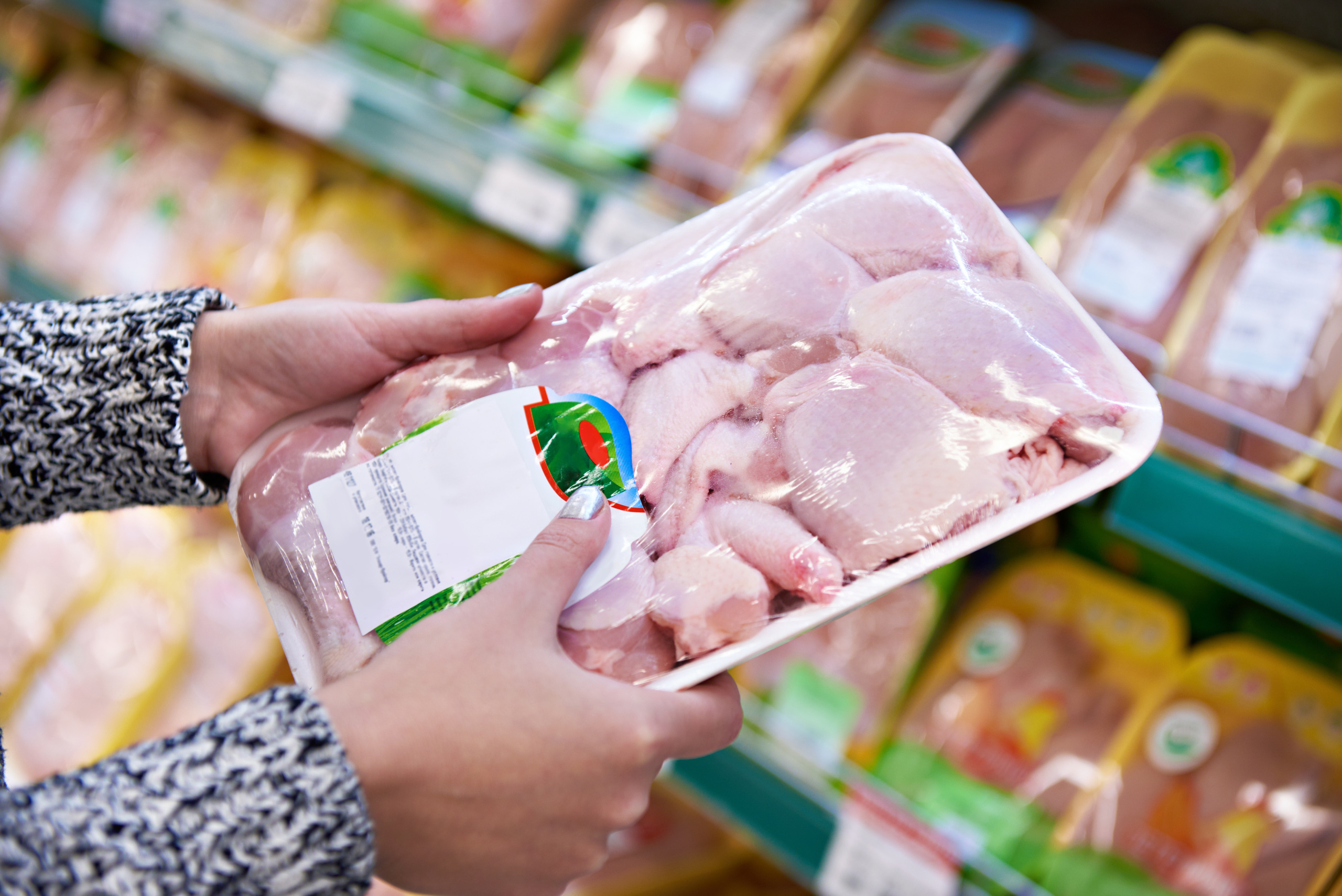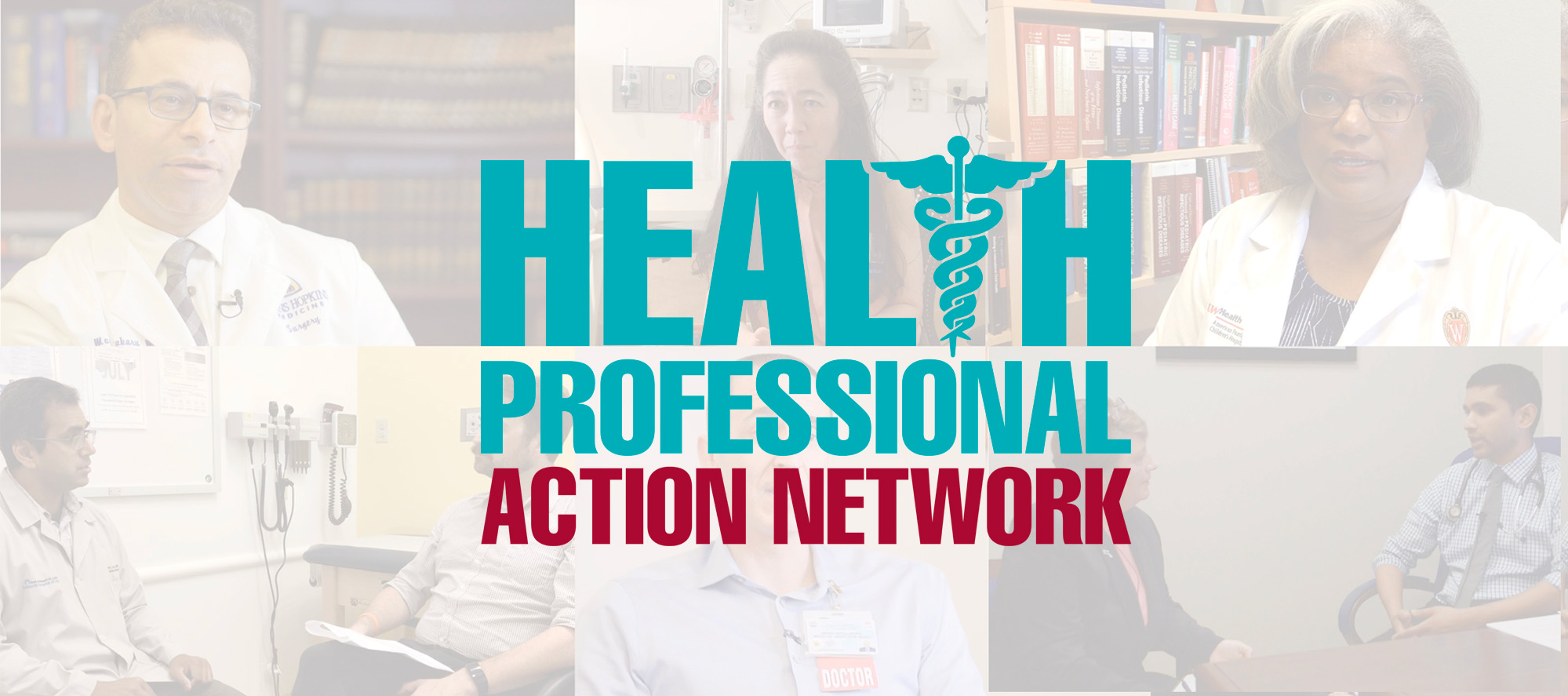
Testimony to support Keep Antibiotics Effective Act of 2017 SB422/HB206
It’s time to stop the routine use of human antibiotics on farms: the public health community and public agree. It’s good for public health and good for business. Maryland PIRG strongly support SB422/HB206.
Antibiotics are a cornerstone of modern medicine. Before antibiotics, infections were the leading cause of death in the United States. The overuse of antibiotics on farms in not necessary and contributes to the growing threat of bacteria that are resistant to all antibiotics.
With 70% of antibiotic sales going towards use on farms, the pharmaceutical industry is padding their profits at the expense of public health. As a result we are already seeing billions in costs from healthcare and missed work, as well as loss of life.
It’s time to stop the routine use of human antibiotics on farms: the public health community and public agree. It’s good for public health and good for business. Maryland PIRG strongly support SB422/HB206.
Public Health Community Support
- The Who’s Who of public health groups have cautioned against using antibiotics in routine low doses on animals — including the World Health Organization, American Medical Association, American Public Health Association, the Infectious Disease Society of America, and American Academy of Family Physicians.
- According to the Centers for Disease Control and Prevention, “much of the antibiotic use in animals is unnecessary and inappropriate and makes everyone less safe.”
- A Maryland PIRG poll with Consumers Union has found that 9 out of 10 doctors are concerned about the industry practice of using antibiotics on animals for growth promotion and disease prevention.
Public Support
A 2016 Gonzales Poll, commissioned by NRDC found that statewide, 68% or Marylanders polled favor state legislation to restrict the regular use of medically important antibiotics and reserve them for use on sick animals, including a majority of Democrats, Republicans, and Independent voters. These numbers were strong regionally too:
- 68% support each on Eastern Shore, Southern Maryland, DC Suburbs, and Baltimore Suburbs;
- 73% support in Baltimore City;
- 61% support in Western Maryland.
For the last two years, Maryland PIRG staff have knocked on tens of thousands of doors to educate the public about antibiotic resistance and collect of signatures to support our campaign to stop antibiotic overuse on animals raised for meat. This summer alone we spoke to 15,000 Marylanders.
Good for Business
In 2014 Maryland’s own Perdue Farms became the first major U.S. chicken producer to stop the use of routine antibiotics in raising chickens. They achieved this goal through the use of animal husbandry techniques, vaccines, probiotics, and many other alternatives. If Perdue, which processes nearly 13 million chickens each week, can make this change, why can’t everyone?
Perdue’s action on antibiotics was not only the right thing to do for public health, it has also proven to be a smart business decision. Perdue Chairman Jim Perdue estimates that sales of chicken raised without antibiotics are growing by 15 to 20%, while sales of conventional chicken are growing by only 1 to 3%. Tyson Chicken has set a goal to eliminate all human antibiotics from their production by September 2017.
In order to respond to consumer pressure and/or corporate responsibility, many local and chain restaurant owners have stopped serving meat raised with routine antibiotics. For example, McDonald’s, Subway, Wendy’s, Taco Bell, Panera Bread, Chipotle, and Starbucks have moved away from routine antibiotics or have committed to do so. McDonald’s, certainly a cost-conscious chain, hit their goal ahead of schedule. A larger list of local and chain restaurants is attached.
The cost difference of meat raised in compliance with this law is expected to be pennies per pound. In 1999 the National Research Council estimated that if U.S. producers eliminated all non-therapeutic use of antibiotics in meat production, it would cost the average grocery shopper less than $10 annually. In today’s dollars, that would be $13.50 per year—a mere dollar per month per person.
The market is shifting, but not at the pace necessary to address this public health crisis. While significant evidence indicates that adopting a responsible antibiotics policy is good business and will help protect antibiotics for future generations, most of the industry still resists change. For example, fast food chain KFC has remained stoically opposed to amending their antibiotics policy, and chicken producer Sanderson Farms has come out to say they are proud of their routine antibiotic use.
The current voluntarily landscape makes it easy to confuse consumers. For example, Shady Brook farms has a series of ads that highlight that they don’t use antibiotics for growth promotion, without mentioning that they do use routine antibiotics. They are attempting to get a boost from consumer demand for antibiotic free meat without stopping their use of antibiotics, and continuing to public health at risk
Furthermore, the growing market demand for meat raised responsibly means that by passing this bill you would be setting up Maryland farmers to be in position to meet the demand, rather than the neighboring farmers who will be trying to play catch up too late.
These market shifts show that it is economically possible. It is time to stop the routine use of antibiotics on animals.
FAQ’s:
- Isn’t this redundant considering the FDA guidelines? The FDA guidelines are a step in the right direction but does not stop the routine use of antibiotics. The guidance stops the routine use for “growth promotion,” but allows for routine use for “disease prevention.” Allowing any routine use is a threat to public health and the future of antibiotics. You can read more about this in reports from NRDC and Maryland PIRG.
- Don’t we need to give antibiotics to animals to prevent food-borne diseases? We fully support giving antibiotics to animals that are sick or to to prevent an outbreak when disease is present. This is important for the health of the animals and safety of the meat. We do not support any routine use of antibiotics. Giving routine doses of antibiotics does not make meat safer. Denmark and the Netherlands have stopped this practice which has not led to food safety problems. For more information on meat and food-borne disease see resources from the CDC and Consumer Reports.
- What about human use? Isn’t that a bigger part of the problem? A tremendous amount of effort has gone to reign in the overuse of antibiotics used on humans. Hospitals have stewardship program and there is intense monitoring and data collection. We have seen human use decline by 6% in recent years. Now we need to do more to address the use of antibiotics on animals. Nearly 70% of antibiotics sold in the US are sold for use on animals, and the sales have increased year after year. The routine low dose use, as often used on animals, is the usage most likely to bread resistance.
- Can’t we just make new antibiotics? Only two new classes of antibiotics have reached the market in the last 30 years. Finding new antibiotics is time intensive and expensive. The rise of resistance is far outpacing the rate of discovery.
CONCLUSION:
If antibiotics stop working we could return to an era when a minor scrape or cut might be life threatening and surgery is virtually impossible. We can save antibiotics, but we must act now. It’s time to protect public health by stopping the routine use of human important antibiotics in animal production.
We respectfully request a favorable report on SB422.
Appendix 1
The following local restaurants and restaurants serve meat raised without antibiotics or have taken action to transition away from serving meat raised with antibiotics. This is not a comprehensive list.
Azafran: (Baltimore)
BGR: Hamburgers (BWI Airport, Baltimore)
Boloco: Beef, Chicken (dark meat only) (Bethesda, MD)
BurgerFi: Hamburgers, Hot Dogs (Laurel, Silver Spring)
Café Cito: (Baltimore)
Carl’s Jr.: The All-Natural Burger (Multi… Baltimore, Bel Air, Edgewater, etc.)
Charmington’s (Baltimore)
Chick-fil-A: Chicken (within 5 years) (Multi… Baltimore, Parkville, Towson, etc.)
Chipotle: Chicken, Beef, Pork (Multi… Baltimore, Towson, Rosedale, etc.)
Chop’t: Chicken, Beef (Bethesda, Gaithersburg)
Clark Burger: (Baltimore)
Cosi: Chicken (Baltimore, Columbia)
Elevation Burger: Hamburgers, Chicken (Multi… Aberdeen, Gambrills, Hyattsville, etc.)
Golden West Café: (Baltimore)
GoodTimes: Beef, Chicken (Baltimore)
Hannah’s Bretzel: All meats
Honeygrow: (Baltimore)
Jack and Zach Food: (Baltimore)
Jason’s Deli: All meats (Lutherville-Timonium, Columbia, College Park)
Masala Kitchen: (Baltimore)
McDonald’s: Chicken (Multi… Baltimore, Rosedale, Towson, etc.)
MOM’s Organic Market: (Multi… Baltimore, Jessup, Nottingham, etc.)
Neopol Savory Smokery: (Baltimore)
Panera: Chicken, Roasted Turkey Sausage, Ham (in salads and sandwiches) (Mutli)
Paper Moon Diner: (Baltimore)
Parts and Labor: (Baltimore)
Play Café: (Baltimore)
Polenta: (Baltimore)
Pret-a-Manger: Chicken, Beef, Pork
Red Robin: Hamburgers (Multi… Baltimore, Towson, Bowie, etc.)
Roti: Chicken (North Bethesda)
Shake Shack: Beef (Baltimore)
Shophouse: All meats (Multi… Columbia, Bethesda, Silver Spring, etc.)
Spider Hall Farm: (Prince Frederick)
Subway: Chicken (2016), Turkey (2017), Beef and Prok (2025) (Baltimore, Lothian, Gambrills)
Starbucks (Multi… Baltimore, Rockville, Towson, etc.)
Sweet 27 Bakery and Restaurant: (Baltimore)
Sweet Green: All proteins (Baltimore, College Park, Bethesda, Silver Spring)
Topics
Authors
Emily Scarr
State Director, Maryland PIRG; Director, Stop Toxic PFAS Campaign, PIRG
Emily directs strategy, organizational development, research, communications and legislative advocacy for Maryland PIRG. Emily has helped win small donor public financing in Baltimore City, Baltimore County, Howard County, Montgomery County, and Prince George's County. She has played a key role in establishing new state laws to to protect public health by restricting the use of antibiotics on Maryland farms, require testing for lead in school drinking water and restrict the use of toxic flame retardant and PFAS chemicals. Emily also serves on the Executive Committees of the Maryland Fair Elections Coalition and the Maryland Campaign to Keep Antibiotics Working. Emily lives in Baltimore City with her husband, kids, and dog.
Find Out More

Food for Thought Part 2: An analysis of food recalls for 2022

The food we waste could end hunger

Superbugs in Stock

